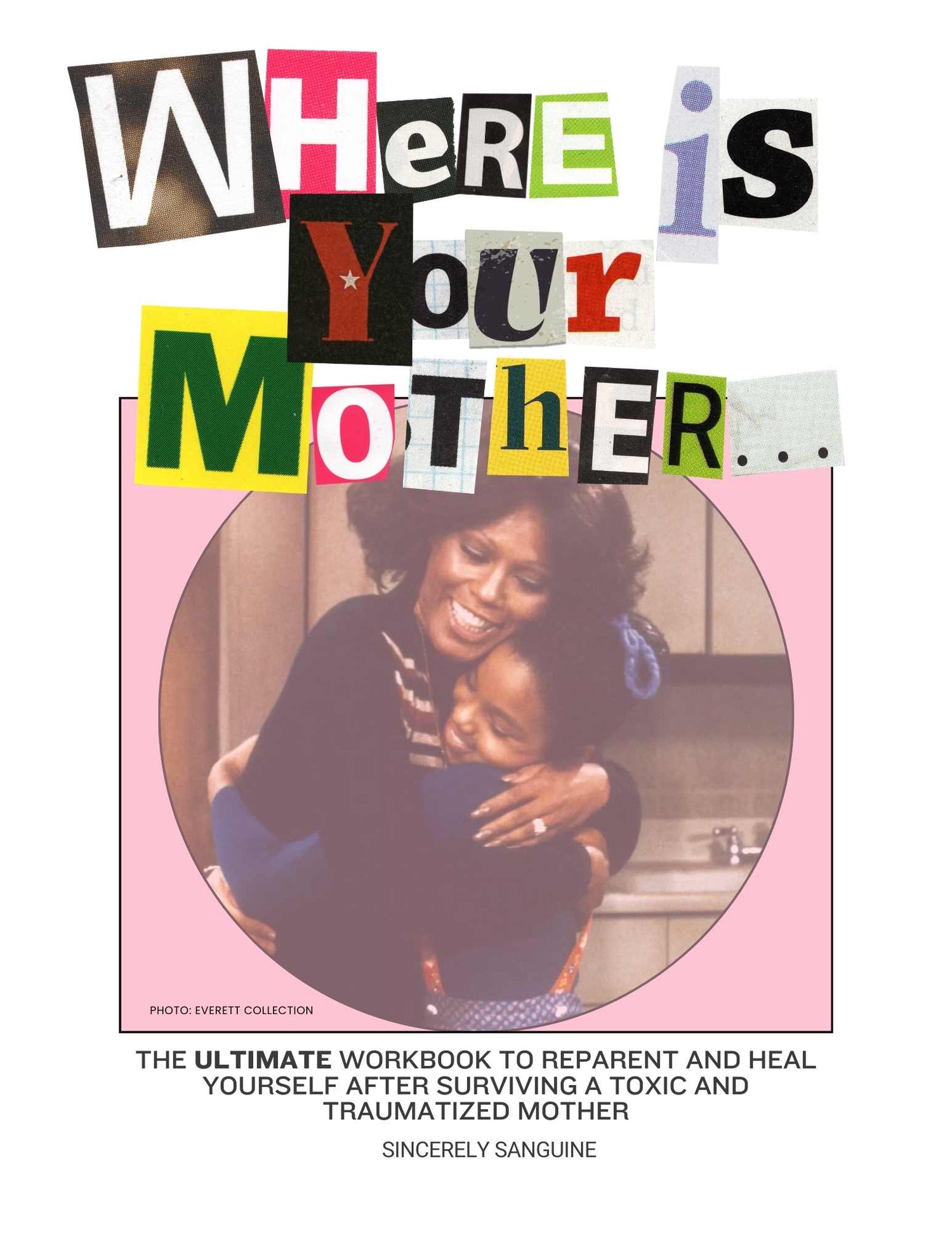
Overstimulated? For the Gyrls who've considered lashing out, when the talking was just TOO much!
3 minute read
Share with a friend
Enough is enough! "STFU" is what we really want to say after lingering in spaces past our social battery. The worst is when you're in a space and no one is talking to you directly, but the noise from the voices and background sounds makes you want to scream. Overstimulation in public is not fun, and can often feel unescapable. However, we're here to help! This blog post is for the gryls who've considered lashing out, when the talking was just too much! See what we did there?
What does it mean to be overstimulated?
Being overstimulated refers to a state in which a person's senses or mental faculties are overwhelmed by excessive or intense sensory input, cognitive demands, or emotional stimuli. This can happen in various contexts:
- Sensory overstimulation: When someone experiences an overload of sensory input, such as loud noises, bright lights, strong smells, or crowded spaces, they may feel overwhelmed and find it difficult to process or filter out the stimuli.
-
Cognitive overstimulation: This occurs when a person is exposed to too much information or mental tasks, leading to cognitive fatigue, difficulty concentrating, or feeling mentally drained.
-
Emotional overstimulation: This happens when someone experiences an overwhelming flood of emotions, either positive or negative, which can make it hard to regulate their feelings or make clear decisions.
How to deal with overstimulation?
To deal with overstimulation, it's helpful to find a quiet, calm environment where you can take a break and practice deep breathing or mindfulness techniques.The trick is to separate yourself for the noise.
If escaping is not a possibility, employ a few our tips to assist you the next to you are in a public space and are feeling overstimulated.
How do you know if you are overstimulated?
You may know you're overstimulated if you start feeling overwhelmed, anxious, irritable, or have difficulty concentrating in response to excessive sensory input, cognitive demands, or emotional stimuli. Physical signs like headaches, fatigue, or muscle tension can also indicate overstimulation. Signs of overstimulation in adults is often parallel to those within children, however one can misinterpret the overstimulation within adult's as appearing standoffish or "checking out."
Symptoms of being overstimulated can vary from person to person but may include anxiety, irritability, restlessness, difficulty focusing, physical discomfort, or a desire to withdraw from the situation causing the overstimulation. It's important for individuals to recognize their own limits and take steps to manage their environment or activities to prevent becoming overstimulated.
Simple tips for when you're overstimulation:
- Employ brain breaks: We discuss this concept further in the blog post 'The Importance of Brain Breaks and “No Phone Zones” to reduce screen time and improve mental health'
- Emotional support Book: Employing the support of a book is great when someone has been talking at you for a long period of time. Sometimes it's helpful to disengage from the information, and introduce a new concept. An emotional support book will keep you within the present moment, but also take you into a different headspace.
- Brain Break Playlist: the best playlists on Apple Music are ones without words! For aiding in sensory overload and overstimulation, the brain break playlist was created. This intentionally curated playlist is filled with low stimulating music to cleanse your mind. Don't be afraid to pull out your headphones and regroup!
The 'Brain Break' playlist consists of artists such as Sade, Kenny G, Andre 300, and Lonnie Liston to name a few. When you're tired of hearing people speak, hearing people sing can also be a daunting experience. Therefore the playlist is a listening experience with minimal words.

